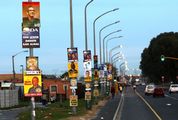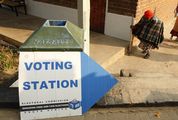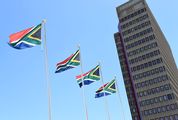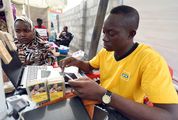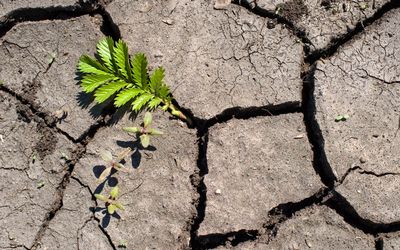DEAD livestock and no produce for the next harvest season — the devastation wrought by drought has seen farmers in the Free State appeal for a R77m bail-out from the Treasury.
Farmers in the North West and Free State face bleak prospects as one of the worst droughts in decades continues to wreak havoc in the provinces that produce 60% of the country’s white maize.
The provinces have also applied to their departments of agriculture to be declared disaster areas.
Grain SA economist Wandile Sihlobo said white maize production had dropped drastically as the provinces had only produced 4.7-million-tonnes between May and August 2015, down from 7.7-million in 2014.
In the last two years, the provinces have experienced dry weather, with February being the driest month.
Grazing fields in the North West have dried up and farmers have had to reduce their livestock.
Agri North West deputy manager Naude Pienaar said cattle and game are dying.
He also said that 60%-80% of the livestock in the province could not graze and farmers had started buying fodder for them.
Soil preparation and planting are done in October until mid-November, but this year this had not happened as farmers had been hamstrung by the drought, said Mr Pienaar.
Free State farmers have asked for the government’s help after experiencing two dry seasons.
The farmers have asked for R77m from the Treasury to buy protein feed for their livestock.
Agri Free State spokeswoman Alani Janeke said: "Even if it does rain, access to financing is a big challenge for many farmers, as many of them have been struggling for two of three seasons with drought."
The Setsoto area has had 10mm-15mm of rain and some farmers have planted crops, but they could fail if there is no follow-up rain, said Ms Janeke.
Red Meat Producers Association chairman in the Free State Neels de Villiers said the organisation was concerned because farmers could not feed their animals.
Boreholes are also drying up fast.
"(We will) pray (for rain) … then we will have to slaughter the animals for which we don’t have food," said Mr de Villiers.


